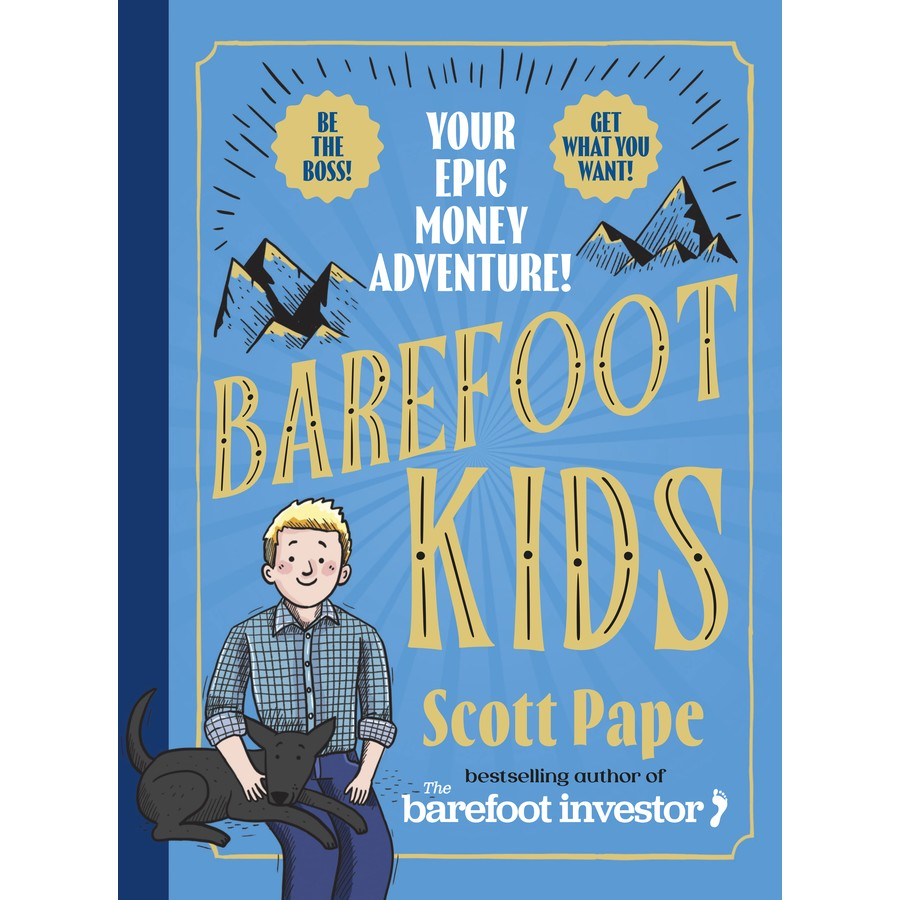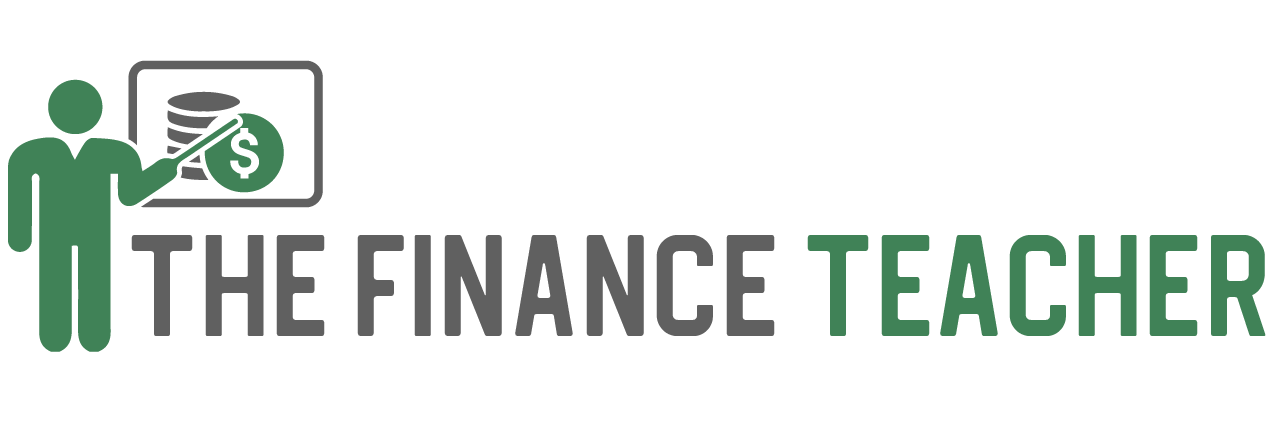Parents, It May Just Be Up To You!
I read an article recently that referred to a UK report showing that 48% of school students want to be taught about money and personal finance in school. I was actually surprised that it was so low. The report also stated that the majority of students (65% in fact) felt that they are not currently gaining the necessary financial management skills to prepare them for life as adults.
The GoStudent Future of Education Report 2023 found that finance was one of the subjects students wanted most on the curriculum (along with video game programming and ahead of AI). Parents’ views on the subject also feature in the report with 91% of UK parents agreeing that personal finance should be on the curriculum.
So why is it that this continues to be a missing element of a child’s education?
I feel as though this was a talking point decades ago, yet still, we seem to continue to focus on less practical skills and less valuable knowledge. We seem to understand the role of education in preparing for the world of work. But what about ‘Education for life’? We know that one of the end goals is creating more employable students with the skills that are needed for a modern world of employment. However, some of these skills are fast becoming obsolete as the world of work evolves quicker by the year.
But from an individual viewpoint doesn’t being in the workforce exist in order to earn an income? So we are happy to stop there and say that the earning of an income is where we leave you. How you use that income to create the life that you want, well that’s up to you to figure out on your own.
And this is where it can all fall apart for a young person who suddenly has money but no real knowledge about what to do with it, apart from spending it on all of the things that they think they need. I think the only advice I was given when I got my first job and hence my first income was something like “Don’t spend it all in one place”. This didn’t seem to be that useful to me at the time.
Don’t students learn about this in some of their courses?
It’s true that students can choose to study subjects like Business Studies or Economics in most schools. Some may feel that these subjects are about money. Not really. Business Studies is a subject that teaches students how a business works and how a business is managed from the perspective of the owner or manager. It’s great for students to study, but it has nothing really to do with managing an individual’s money. Economics similarly is a great subject and useful for students in that they learn how the world works. But it also has nothing to do with personal finance.
So if schools aren’t really embracing this, for whatever reason, then I guess it comes back to either the parent or the student themselves to provide the education in this area. Luckily, thanks to some great personal finance writers and the internet, there are resources available for either young people to learn this stuff themselves or for parents to help them.

One such book that seeks to fill the void in this area is “Barefoot Kids” written by Scott Pape of “The Barefoot Investor” fame. He is well-known to Australian readers. The problem though is that so few books like this are actually written for kids. And not all parents have the knowledge to pass it down to their children as they were never taught it themselves. n
So here are a few starting points to help parents who really want to get there kids off on the right track. The track that maybe they missed themselves.

These are my 7 top tips to get your child headed towards becoming financially literate.
1. Give them an allowance:
You can decide when, but the earlier the better in my opinion. I’ve taught Economics for almost thirty years. It’s nearly always to 17 and 18-year-olds. By it can easily be taught to 10-year-olds if you just find a way to pitch it at the right level. The same applies to financial literacy. Just having money forces a child to think about it, to form a relationship with it and to develop strategies of how to handle it. Kid’s learn fast if given the right direction. They will make mistakes. But they will learn.

2. Help them to open a bank account:
Discuss savings goals and ask them what things they would like to buy with their savings. Just seeing their balance grow can give a feeling of satisfaction that may keep them motivate towards achieving their savings goal.

3. Increase their allowance for some form of paid work around the house:
Maybe they can choose their own job as an extra incentive. Learning that money generally comes from work, helps to give it the right value. Explain that at some point the ‘free allowance’ will be gone and that their job will be what gives them an ‘income’. The ‘free allowance’ could be taken away right from the start if you wish.
4. Explain how their savings earn interest:
This can be where you also explain the power of compounding so now might be the time to give yourself a refresher course 😉
5. Encourage them to read and give them age-appropriate books about money or find suitable tutorials or videos online. But keep it simple!
6. Increasing their income:
At some point, they also need to learn about ways to increase the earning potential of their savings. This is where challenging them to create their own small business will be of great value. It can be anything from a lemonade stand to selling their old junk online. But let them manage this themselves. Again, its all about learning rather than earning.
7. The stock market:
You know that they will be curious about this at some stage. Make it a point to understand this yourself and start with index funds. Opening some kind of micro investing app would also be a great thing to do. You can also challenge them to a virtual stock trading game such as the one at www.howthemarketworks.com. I use this with my Young Investors club and they love it.

I hope that these tips provide food for thought as to how you can help your kids learn the stuff that I believe schools should be teaching.
Good luck. I’ll be here for more help if ever you need it.
Related link:





Excellent insights! Your breakdown of the topic is clear and concise. For further reading, check out this link: READ MORE. Let’s discuss!